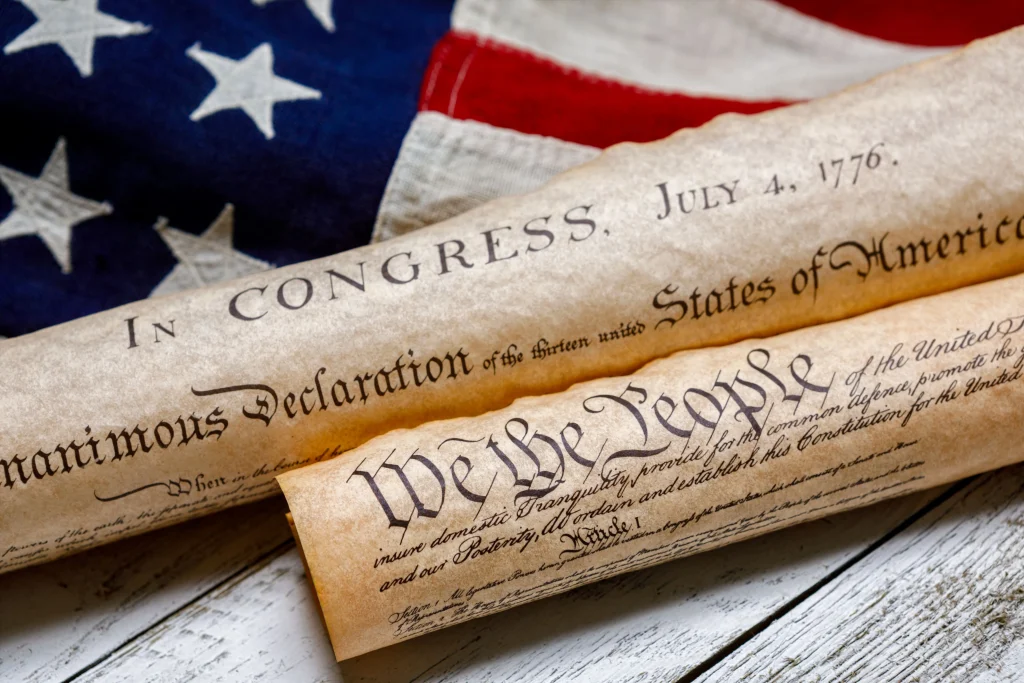
your rights are being traded – and you are not at the table
We are the Constitution Party, and we have one mission: to Secure Life, Liberty & the Constitution.
secure life,
secure liberty &
SECURE THE CONSTITUTION
democrats to the left …

republicans to the right …
why not stand with the truth?
america doesn’t need
More conservatives.
More liberals.
america needs
More people committed to its founding principles.
america has a better way.
It’s called the Constitution.
the constitution of the united states of america
We the People of the United States, in Order to form a more perfect Union, establish Justice, insure domestic Tranquility, provide for the common defence, promote the general Welfare, and secure the Blessings of Liberty to ourselves and our Posterity, do ordain and establish this Constitution for the United States of America.

free people are united on principle
The Framers of the Constitution gave very limited and specific powers to the federal government.
Congress, the Presidency, and the Supreme Court have slowly and consistently taken powers which were not given to them. A FREE PEOPLE will be UNITED on the principles found in these documents.

the constitution party exists…

Established 1992.
to be the
standard-bearer
of america’s founders
Howard Phillips, The Constitutionist Who Defied A President and Founded the Constitution Party.
The Constitution:
Made in America.
Built for Liberty.
Since 1787.

we are like you.
we are the people.
we are the
constitution party.
america needs you & the constitution party.